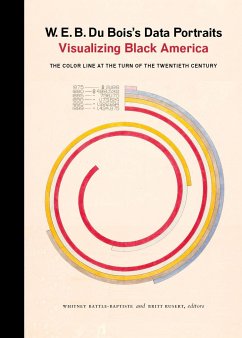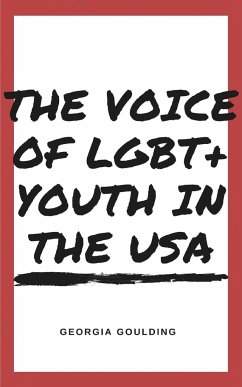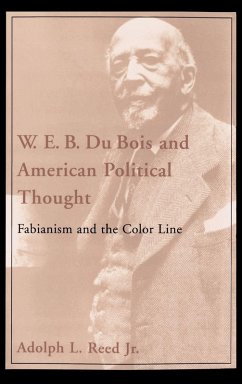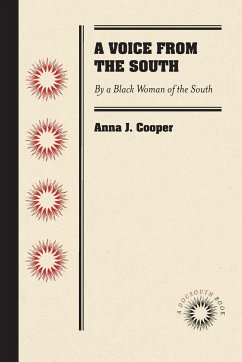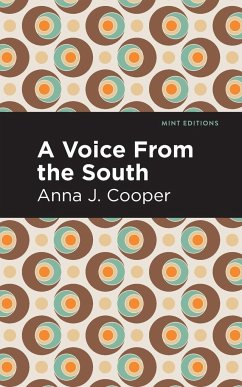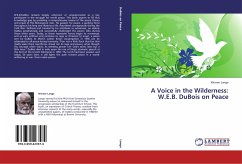
A Voice in the Wilderness: W.E.B. DuBois on Peace
Versandkostenfrei!
Versandfertig in 6-10 Tagen
39,99 €
inkl. MwSt.

PAYBACK Punkte
20 °P sammeln!
W.E.B.DuBois remains largely unknown or unappreciated as a key participant in the struggle for world peace. This book aspires to fill that knowledge gap by providing a comprehensive review of the peace theory and praxis of this Renaissance man. His passion for peace, a guiding force throughout his long and illustrious life, flourished courageously during the Cold War. Defined and treated by his antithesis as subversive, an elderly DuBois prophetically and successfully challenged the power elite during those bitter years. Today, as those repressive forces begin to re-emerge and as wars without ...
W.E.B.DuBois remains largely unknown or unappreciated as a key participant in the struggle for world peace. This book aspires to fill that knowledge gap by providing a comprehensive review of the peace theory and praxis of this Renaissance man. His passion for peace, a guiding force throughout his long and illustrious life, flourished courageously during the Cold War. Defined and treated by his antithesis as subversive, an elderly DuBois prophetically and successfully challenged the power elite during those bitter years. Today, as those repressive forces begin to re-emerge and as wars without end continue to rage or threaten to erupt, a poem sent by DuBois to Martin Luther King's congregation in 1956 can be addressed to all peace-loving humanity: "Fear not o little flock that foe that madly seeks thine overthrow; dread not its rage and power, what though thy courage often faints, its seeming power o'er God's saints lasts but a little hour." DuBois died in exile upon the eve of King's dramatic speech at the foot of the Lincoln Memorial in 1963. The torch had been passed, and today, 50 years later, it still lights the path toward peace in a world withering in war. Dona nobis pacem.










